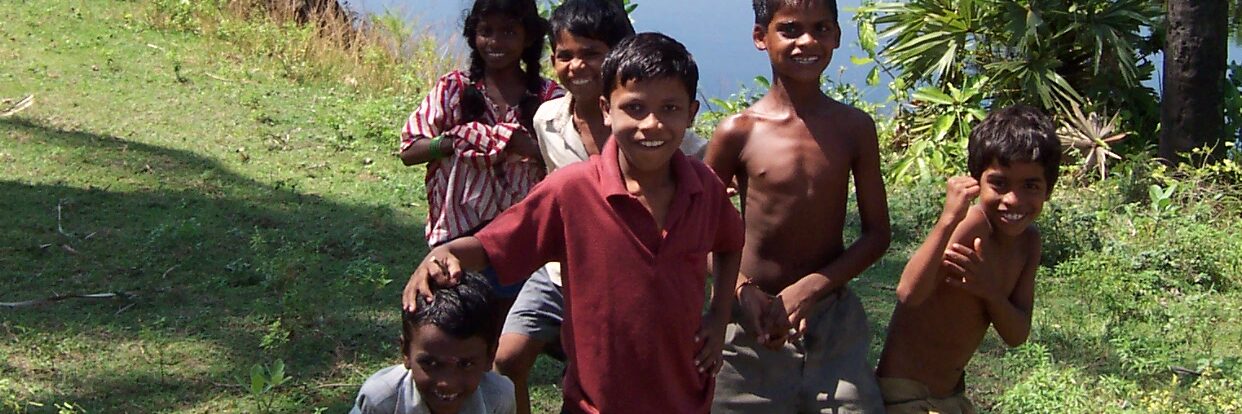6 February 2009
Special Correspondent
The Hindu
——————————————————————————-
Next edition of the conference on ocean engineering in 2013
——————————————————————————-
CHENNAI: Marine pollution would affect not just coastal areas but also the hinterland, R. Balakrishnan, chairman, Tamil Nadu Pollution Control Board (TNPCB), said. To control this, government policies should be accompanied by measures to convince industries to adopt clean development mechanisms in their own interest, he added.
Speaking at the valedictory session of the five-day International Conference on Ocean Engineering at IIT-Madras on Thursday, Mr. Balakrishnan said that various sources of pollution including industrial effluents, domestic sewage and discharge from chemical plants were posing serious threats to the coastal areas.
In particular, chemical industries in Cuddalore SIPCOT, the power plants and industries near Manali and the coast near Tuticorin had been identified as causes for concern.
With active monitoring, TNPCB had initiated new norms and effluent treatment activities in these areas to control marine pollution, Mr. Balakrishnan said. However, along with improved norms, the government should also convince industrialists that it was in their long-term interest to prevent coastal degradation, and this could only be done with academic support, he added.
T.T.Narendran, head, Industrial Consultancy and Sponsored Research, IIT-Madras, said that while awareness about pollution should be increased among the public, a clean environment could be guaranteed “only if industrialists had clean hearts and the implementation authority had clean hands.”
Earlier, V. Anantha Subramanian, organising committee secretary, said that nearly 100 papers had been presented at the conference by 30 foreign delegates, 96 Indian delegates, and 62 delegates sponsored by the Naval Research Board and other companies.
He said that IIT-Madras would conduct the next edition of the conference in 2013.
